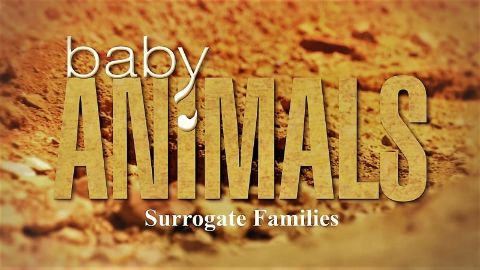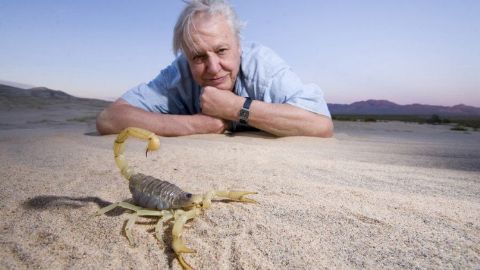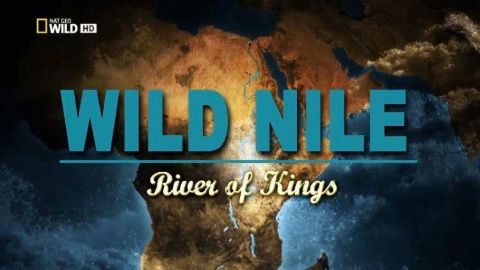Planet Earth: A Celebration • 2020
While the pandemic restricts our movements, wildlife remains free. In this time of crisis, the natural world can be a source of solace and escape. In the most extreme of environments, from the hottest deserts to the freezing poles, from the highest mountains to underwater kingdoms, animals overcome adversity to survive and thrive, offering a message of hope to humanity. To raise our spirits, join Sir David Attenborough on a round-the-world trip to the wildest places on earth to see some of the most spectacular wildlife. The BBC Natural History Unit has brought together the most astounding stories from the Bafta-winning Planet Earth II and Blue Planet II to create the ultimate escape. The journey is accompanied by a thrilling new musical score, created by renowned composers Hans Zimmer and Jacob Shea, performed by the BBC Concert Orchestra and featuring Mercury Prize winner Dave on the piano.
Make a donation
Buy a brother a hot coffee? Or a cold beer?
Hope you're finding these documentaries fascinating and eye-opening. It's just me, working hard behind the scenes to bring you this enriching content.
Running and maintaining a website like this takes time and resources. That's why I'm reaching out to you. If you appreciate what I do and would like to support my efforts, would you consider "buying me a coffee"?
Donation addresses
BTC: bc1q8ldskxh4x9qnddhcrgcun8rtvddeldm2a07r2v
ETH: 0x5CCAAA1afc5c5D814129d99277dDb5A979672116
With your donation through , you can show your appreciation and help me keep this project going. Every contribution, no matter how small, makes a significant impact. It goes directly towards covering server costs.





